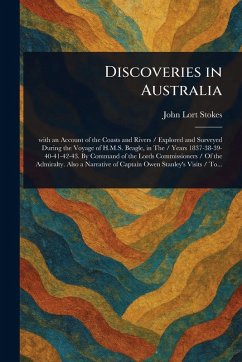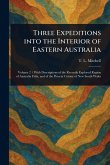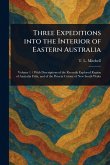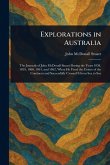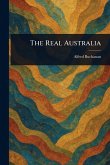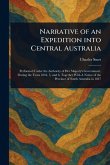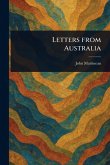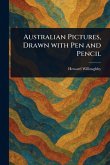Embark on a journey of exploration with "Discoveries in Australia, Volume 2" by John Lort Stokes. This captivating historical account details the surveying and exploration of the Australian coasts and rivers during the voyage of H.M.S. Beagle from 1837 to 1843. Commissioned by the Lords Commissioners of the Admiralty, this volume offers invaluable insights into the natural history of Australia. Delve into firsthand narratives of geographical discoveries and detailed surveys that shaped our understanding of the Australian continent. Alongside Stokes's detailed observations, the book features an account of Captain Owen Stanley's visits to the islands in the Arafura Sea. A vital resource for anyone interested in the history of Australian exploration, natural history, and maritime voyages, "Discoveries in Australia, Volume 2" remains a compelling read for those fascinated by the age of discovery and the charting of the world. A timeless account of courage, scientific curiosity, and adventure in the Australian landscape. This work has been selected by scholars as being culturally important, and is part of the knowledge base of civilization as we know it. This work is in the public domain in the United States of America, and possibly other nations. Within the United States, you may freely copy and distribute this work, as no entity (individual or corporate) has a copyright on the body of the work. Scholars believe, and we concur, that this work is important enough to be preserved, reproduced, and made generally available to the public. We appreciate your support of the preservation process, and thank you for being an important part of keeping this knowledge alive and relevant.
Bitte wählen Sie Ihr Anliegen aus.
Rechnungen
Retourenschein anfordern
Bestellstatus
Storno

